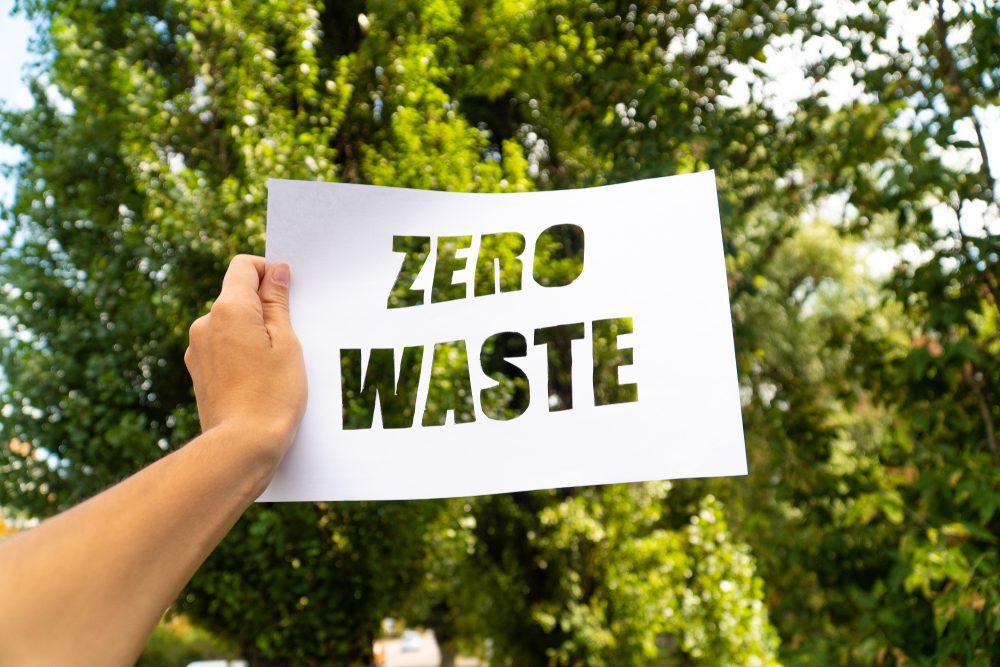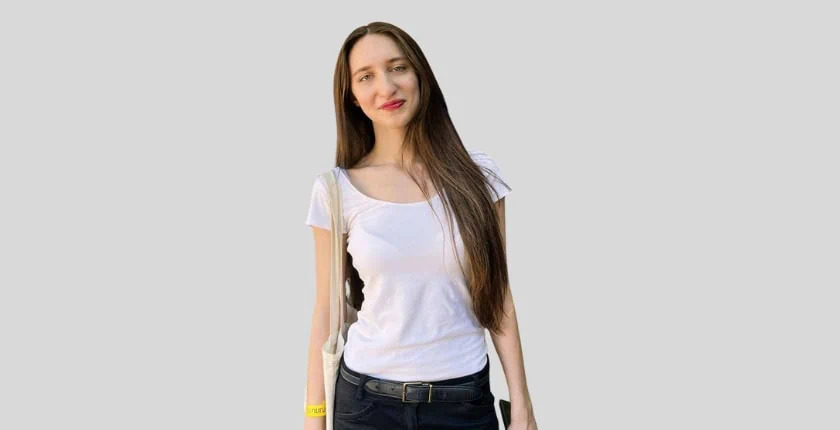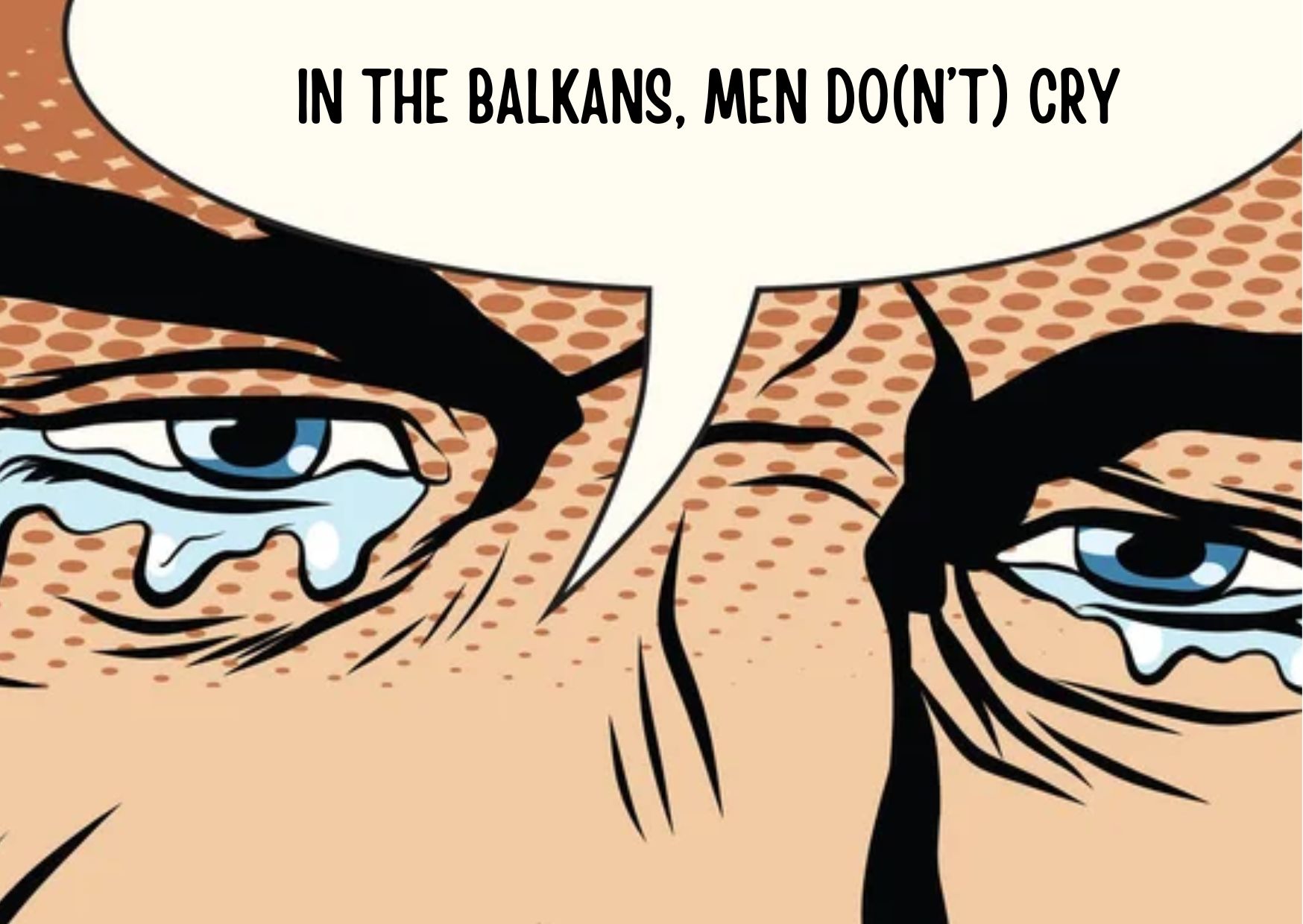In the industrialized world we live in, waste is accumulating at an unimaginable rate. Every year, approximately 931 million tons of food are discarded, and about 14 million tons of plastic waste become part of the water ecosystem, destroying the last green oases of planet Earth. Such a problem has given rise to new solutions and new heroes who will strive to achieve them. The Zero Waste movement has emerged, where every type of waste is actually a treasure that, when used wisely, can save the planet.
What is Zero Waste? According to the definition of the Zero Waste International Alliance, Zero Waste is the conservation of all resources through responsible production, consumption, reuse, and recovery of products, packaging, and materials without incineration and without discharging into the land, water, or air that endangers the environment or human health. Just as journalism has its 5 W's, Zero Waste has its 5 R's: refuse, reduce, reuse, recycle, rot. This philosophy has fully captivated the world since 1980 when Daniel Knapp introduced the concept of "total recycling."
The Zero Waste principle does not only focus on reusing waste materials; it aims to change the entire way society approaches waste. Additionally, by applying the Zero Waste philosophy, we protect the environment and save money. This philosophy could easily be applied to schools, dormitories, hospitals, correctional facilities, as well as in everyday production and life.
How does the Zero Waste concept work? Living in accordance with this concept means living by the following rules:
- Refusing what we do not need,
- Reducing what we do not need,
- Reusing things we already have,
- Recycling what we cannot reuse, and
- Composting everything else.
Successful "Zera" Business
When it comes to Bosnia and Herzegovina, positive examples of applying the Zero Waste principles in the real lives of citizens and introducing products created in accordance with this philosophy to a fairly monotonous market have emerged.
Bosnia and Herzegovina records a very low recycling rate of only 3%, and Hilmo and Alma felt that a solution had to be found. This led to the establishment of the "Zera" store in Sarajevo. The story began in 2020 when Alma Mirvić initiated "Ekotvorine" – a small workshop of ecological innovations, aiming to offer eco-friendly products based on the principle of upcycling and collaborating with local talents on creating new products. Ekotvorine.ba represents creative and innovative workshops of ecological innovations where, through creative reuse (upcycling), different and more durable ecological products are designed or new ones are conceived to offer options for daily eco-friendly habits in the market.
"The story of ZERA actually began at the end of 2020 when Alma started Ekotvorine (a small workshop of ecological innovations) to offer eco-friendly products based on the principle of upcycling and to work with local talents on creating new products. The experience within Bosnia and traveling around Europe showed us that Bosnia has many creatives, especially in the field of organic cosmetics, but they don't always have a space to showcase their products. So, this year, a broader idea was born, to present Ekotvorine.ba and others in a store that will sell products based on zero waste principles. Now we work with Organlook and Naturalno.ba, which make solid shampoos, balms, lotions, and the like, and our desire is to present other Bosnian producers who follow a similar work philosophy. Through ZERA - Zero Waste Shop and Space, our ambition is not only to offer products but also to organize seminars on how to live a life with less waste in Bosnia and Herzegovina."
Eco-Conscious Practice of DM Stores Positive examples also include DM stores, which produce some of their products in line with the motto "live sustainably with DM." DM offers products for a "zero waste" lifestyle by applying the Zero Waste and Less Waste philosophy. People use around 1500 cotton pads annually! The fact is that the production of cotton requires a lot of water, and by purchasing zero waste products, such waste can be avoided by using washable makeup removal pads. We are aware of how important oral hygiene is, knowing that a toothbrush needs to be replaced every two months, but we do not know that this generates enormous amounts of plastic waste. All of this can be avoided by using brushes that are wooden or made from renewable materials. Kitchen supplies such as aluminum foil pose a significant problem, and its ideal replacement is paper, which is entirely suitable for recycling and consumes four times less energy during production compared to paper.
However, the situation is a bit more complicated than it seems. In Bosnia and Herzegovina, despite positive examples, there is limited availability of products created with the zero waste concept, making it very challenging to live in that way. The fact that only 3% of people recycle in Bosnia and Herzegovina perfectly supports the argument that there is a lack of education. Lack of awareness about waste-related issues and lack of education about alternative options can limit people in their efforts to adopt a zero waste lifestyle. The culture of consumption and consumer habits also play a role in the successful adoption of zero waste principles. Changing consumer habits and attitudes may require both time and education. The lack of sufficient recycling infrastructure can be an obstacle to waste reduction. If recycling is not widespread or easily accessible, people may find it harder to reduce their overall waste.
The Zero Waste concept is truly rewarding as it allows us to preserve our mother planet Earth and helps us save money. Embracing life in accordance with this concept is challenging but globally beneficial. It is important for everyone as individuals to embrace the Zero Waste concept in the context of thinking globally and acting locally. The population of Bosnia and Herzegovina can indeed make significant changes. If they agree to education and small changes in lifestyle, they can succeed in living in harmony with the Zero Waste concept.
Illustration (Photo: Pexels)









